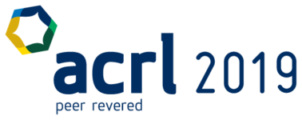Session Description:
How can the library quantify its value? What are the significant contributors to student success? This presentation seeks to answer these questions by exploring student engagement and success at one large, public research university. The university library, along with representatives from the Provosts Office, Student Affairs, the Career Center, and Academic and Student Support Services, joined together to align student engagement metrics with measures of student success. Key findings and the processes used to accomplish this alignment and analysis will be shared and can be used a model by other institutions.
